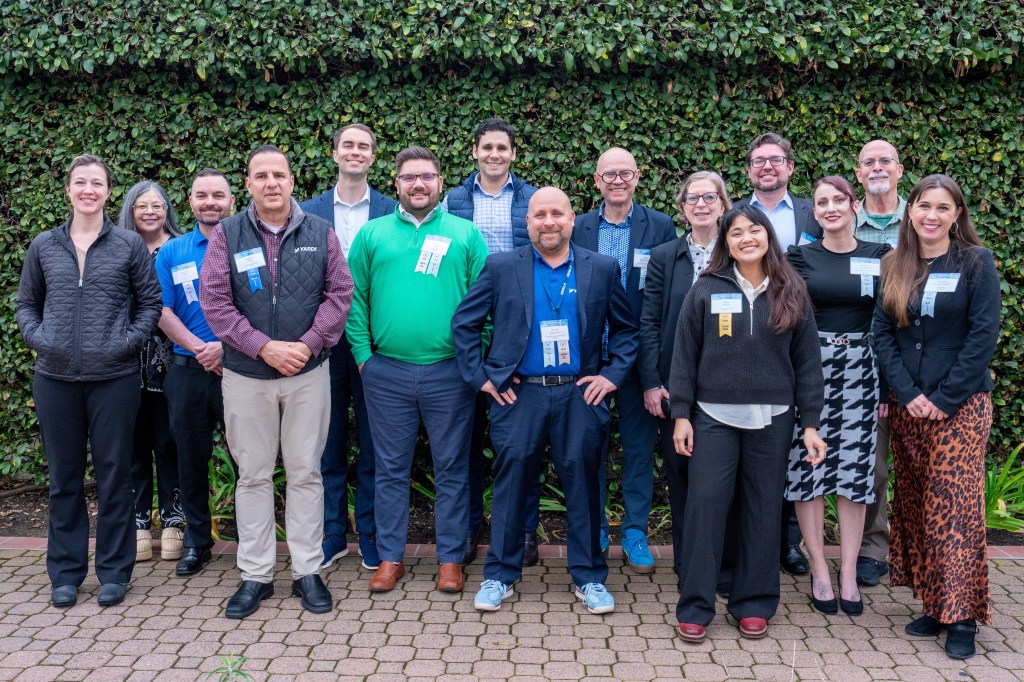By Yardi Blog Staff on October 22, 2013 in News
If the Great Recession has taught us anything, it is to show extra caution with our spending plans and investment endeavors. Almost half of Americans show an acute lack of tr ust and comfort when it comes to discussing financial affairs, according to Yardi client TIAA-CREF’s second annual Financial Advice Survey. Perceived cost and lack of time are also cited as major factors impeding the general population from accessing advised financial support.
ust and comfort when it comes to discussing financial affairs, according to Yardi client TIAA-CREF’s second annual Financial Advice Survey. Perceived cost and lack of time are also cited as major factors impeding the general population from accessing advised financial support.
“As a mission-driven organization, TIAA-CREF is dedicated to helping our clients take meaningful steps to secure a strong financial future,” said Eric Jones, senior managing director, advisory solutions at TIAA-CREF. “In fact, those who receive advice from TIAA-CREF are five times more confident about their retirement than the average American worker. And more than 95 percent of clients participating in our advice sessions trust TIAA-CREF to provide sound financial advice.”
Key findings of the study include:
- Forty-eight percent of Americans say it is hard to know which sources of financial advice can be trusted.
- Thirty-seven percent of Americans say they don’t like talking to anyone about their finances.
- Faced with financial insecurities and fluctuating markets, forty-six percent of Americans say that more than ever, they need a trusted place to go for financial advice.
- Two-fifths of Americans think good financial advice costs more than they can afford.
- One-third of Americans say they lack the time to get proper financial advice.
- More than half (58 percent) of Americans say they would prefer to get financial advice from a single point of contact or location.
Generational differences
Not surprisingly, Generation X leads all age groups in acknowledging the benefits of getting professional retirement advice. Eighty percent of those between the ages of 35 and 44 who seek financial advice are looking for more guidance about how to prepare for retirement. Gen X also is the largest segment of the American population to rely on financial service provider websites or online tools for financial advice.
Generation Y on the other hand shows little care or concern over what the future might bring in terms of financial status. An astounding 43 percent of those between the ages of 18 and 34 claim they lack  adequate retirement planning information. Additionally, Gen Y-ers or Millennials as they are called, are the most likely demographic cohort to focus on managing student loans and to rely on friends and family for financial advice.
adequate retirement planning information. Additionally, Gen Y-ers or Millennials as they are called, are the most likely demographic cohort to focus on managing student loans and to rely on friends and family for financial advice.
Whereas financial success depends on a series of variables, there are key actions that can take a young person in the right direction. A top priority for recent graduates should be getting rid of any student loans or credit cards as soon as possible. The 50/30/20 rule of thumb (50% of the monthly paycheck goes to needs, 30% to wants, and 20% to savings) is also a good starting point for those who want to play safe on the way to financial stability. Saving early and often can make all the difference, especially when it comes to achieving long-term goals.
As with any other major life choices, staying informed and basing your financial decisions on expert advice and know-how is crucial. When you choose to go with a professional financial adviser, the odds are on your side. Consultants take into account things like career stage, lifestyle and retirement income goals, and deliver expert solutions that will help you achieve the much-coveted financial stability.
Additionally, the survey found that most of those between the ages of 55 and 64 are fully-aware of their financial choices. 87 percent of this age group says they are thoroughly informed about retirement planning. More than half (53 percent) of this cohort who received financial advice says they have increased their retirement savings contributions.
The survey also revealed that men and women have different perceptions with regards to their financial security.
Women appear to be less confident that they’re saving enough for retirement than men. Just 56 percent of women say they are confident that they’re saving enough, in comparison to 65 percent of men. Women continue to rely more on friends and family for financial advice, while men are more likely to rely on financial service provider websites and online tools.
TIAA-CREF’s findings are based on a 2013 survey conducted by KRC Research that polled a random sample of 1,000 adults nationwide on their attitudes, preferences and behaviors about receiving financial advice.


